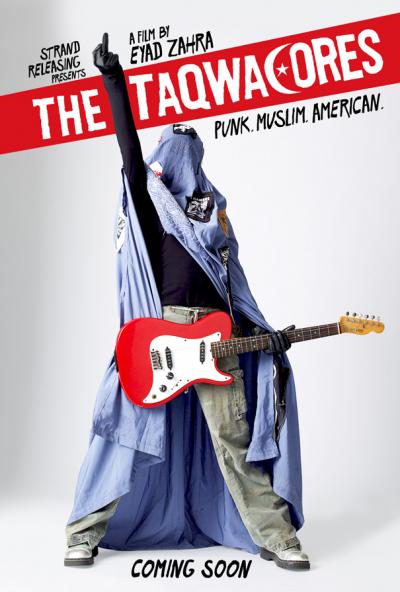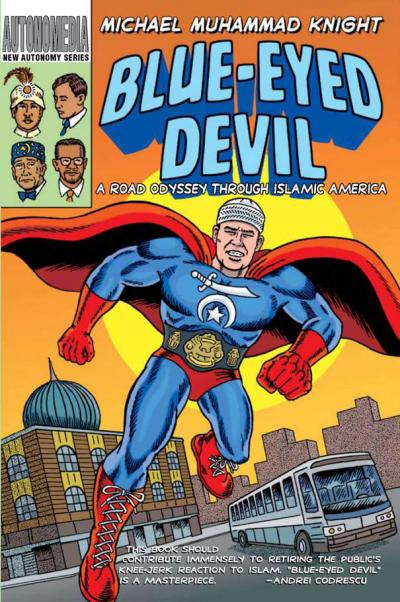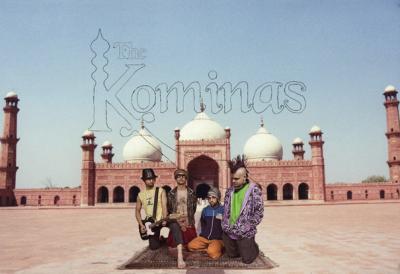
Versatile Scales and Textures
«Wanbani»: The new CD of Kamilya Jubran and Werner Hasler is the remarkable result of a long-standing collaboration.
Since 2002, Palestinian Kamilya Jubran and Bernese Werner Hasler have been experimenting in-between Arabian music, jazz and electronica. On their second release together «Wanabni», Jubran sings across Arabian quarter tone heights (Maqam), full tone scales and overtone series, while Hasler plays his trumpet with versatile sound textures.The two of them add an oud-lute, manipulated noise-samples and minimalistic electronica and create an organic and very personal music.
On one hand the music functions similarly to Arab Tarab-music: in the title track «Wanabni» Jubran and Hasler develop step by step their tonal materials and create a long, gradually intensifying arc of suspense. When Hasler interacts freely with the singing of Jubran, «Wanabni» sounds completely like jazz. Eventually we hear electronically manipulated sounds: minimalistic synthesizer melodies and manipulated Oud- and song-samples, that support the track, though without disturbing the flow.
Kamilya Jubran and Werner Hasler communicate from their respective canon of their original musical genres. They play with this canon and tantalise it. Though they never completely break the connections. It’s an impressive long-term project.
The CD
Kamilya Jubran & Werner Hasler: Wanabni (Zig-Zag Territoires / Musicora )
CDs and Documentary Film
→ Kamilya Jubran & Werner Hasler, Ghareeba, 2002
→ Telling Strings, documentary film on Kamilya Jubran, from Anne-Marie Haller.
Video of the Cover Tune of 2002 CD Ghareeba
Scientific Work
Thomas Burkhalter, Christoph Jacke and Sandra Passaro are currently working on a scientific article about the cover track «Wanabni».
Biography
Published on December 16, 2010
Last updated on April 29, 2024
Topics
Music and art that dealing with the unfinished and undefined.
Why does a Kenyan producer of the instrumental style EDM add vocals to his tracks? This topic is about HOW things are done, not WHAT.
From westernized hip hop in Bhutan to the instrumentalization of «lusofonia» by Portuguese cultural politics.







